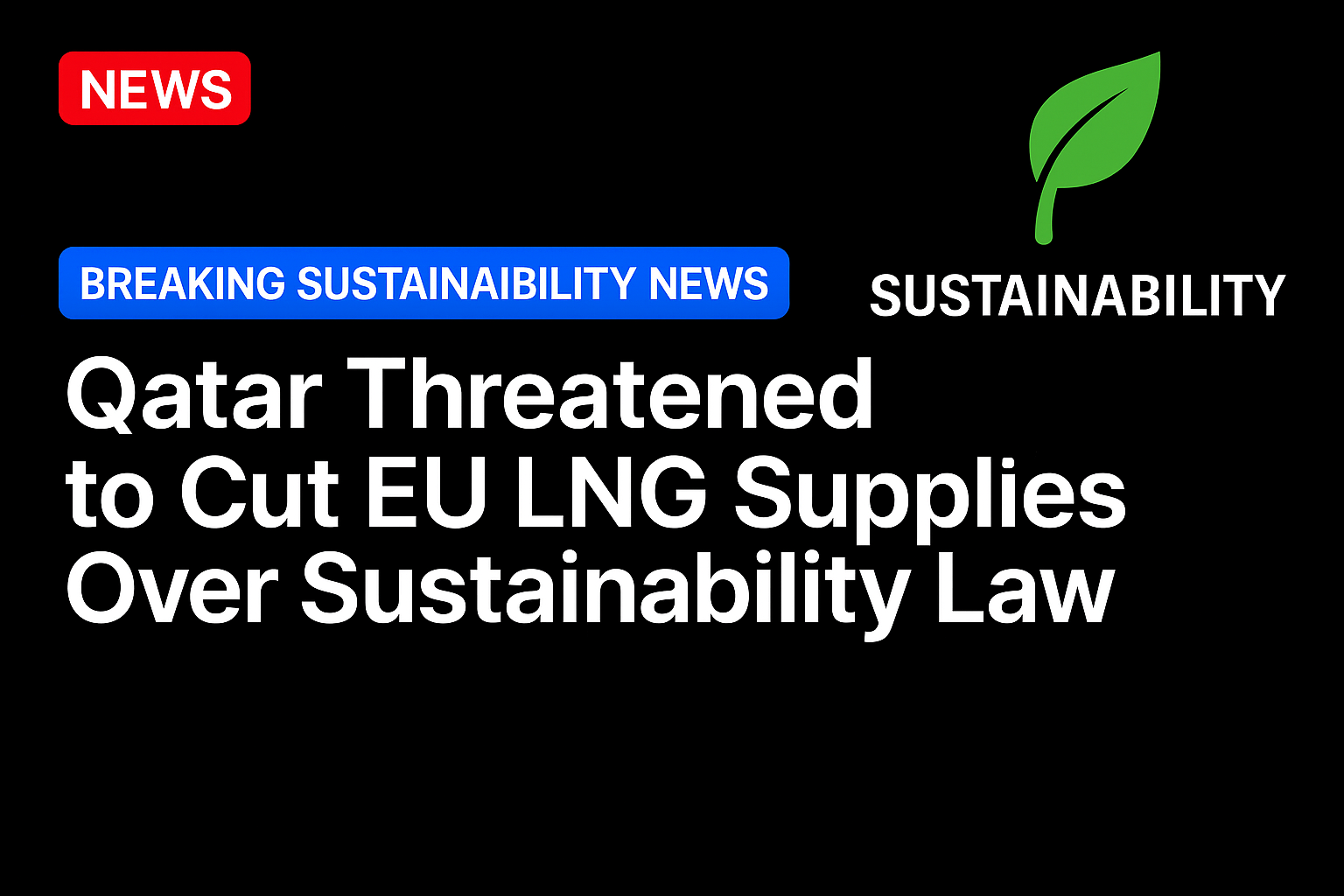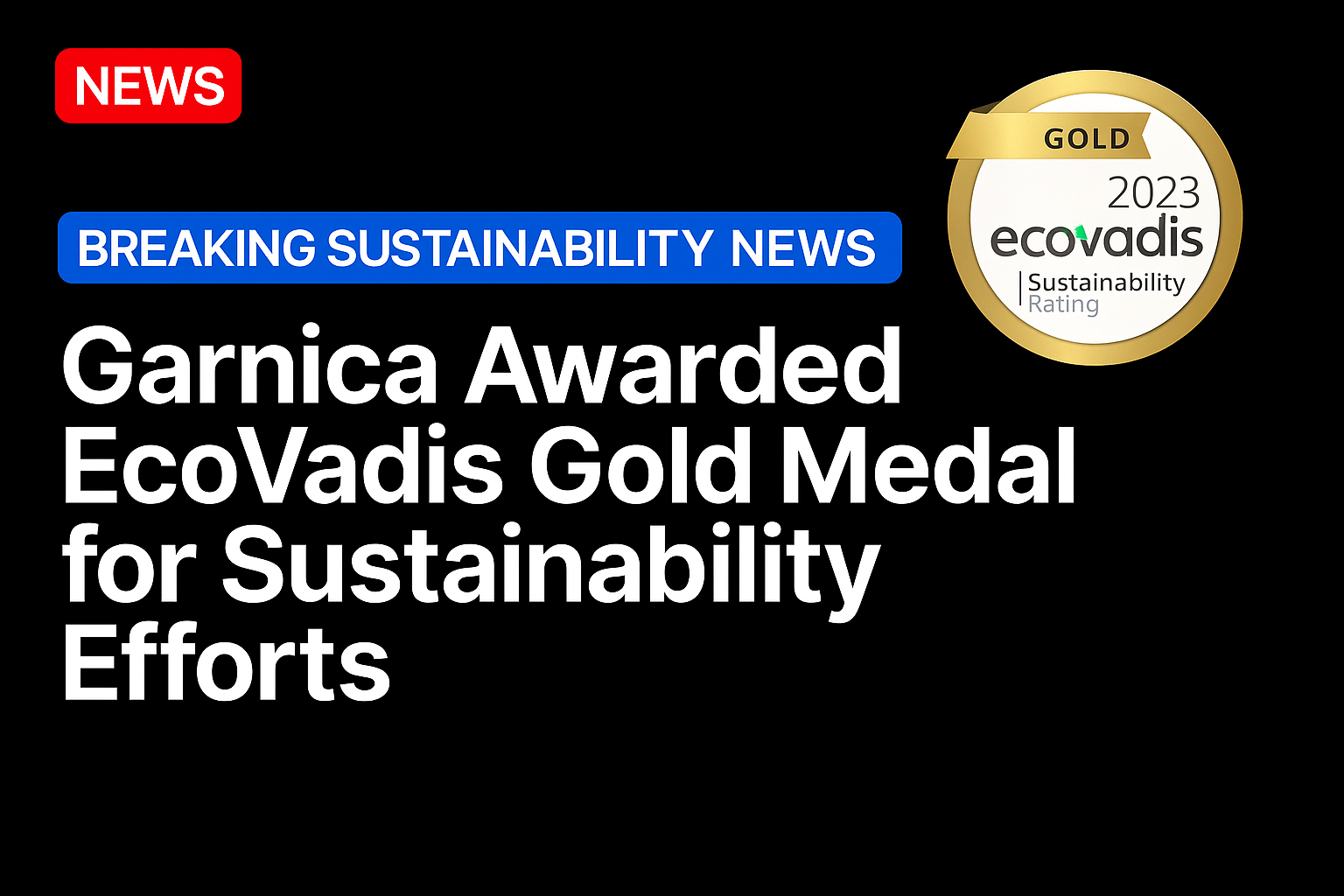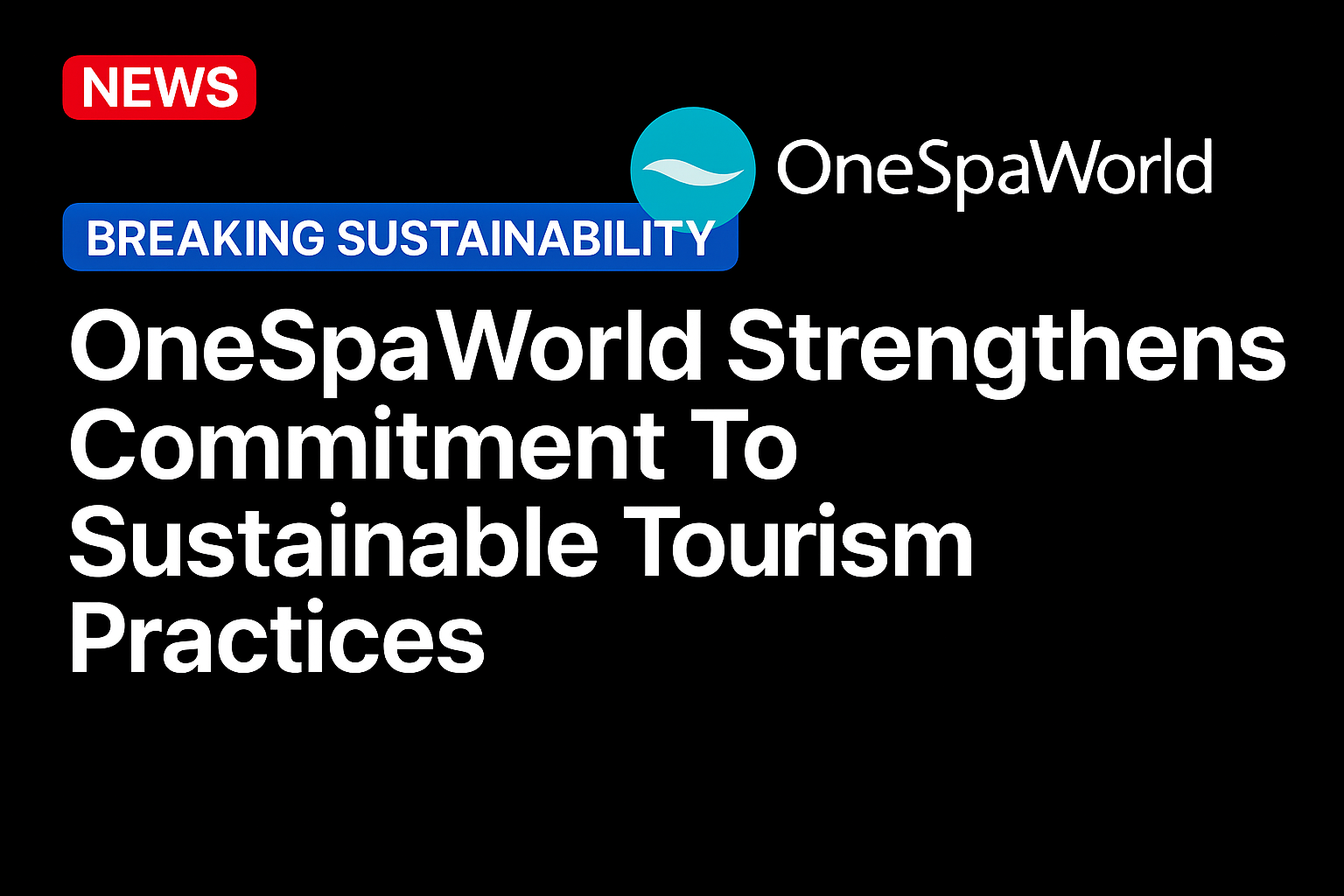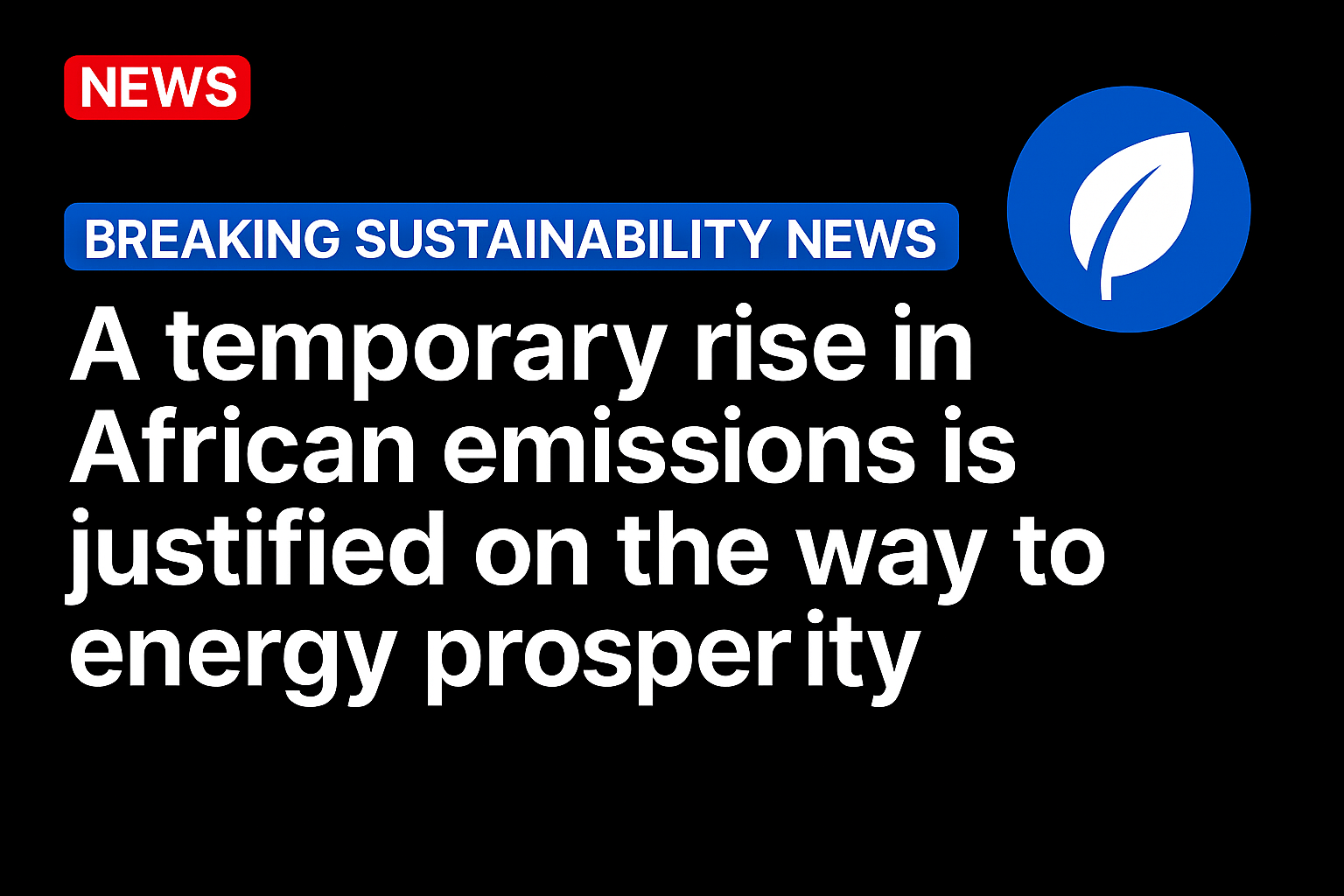In a letter to Belgium’s government dated May 21, Saad al‑Kaabi, Qatar’s Energy Minister and CEO of QatarEnergy, issued a stark warning: Qatar may divert its LNG exports away from the EU if the European Union strictly enforces the Corporate Sustainability Due Diligence Directive (CSDDD), including its new climate transition mandate. ([turn0news22]).
⚠️ What’s at Stake: Fines vs. Energy Security
- The CSDDD requires large companies operating in the EU to conduct due diligence across global supply chains—covering human rights, forced labour, environmental harm, and a climate transition plan aligned with the Paris Agreement’s 1.5 °C goal.
- Non-compliance could result in penalties of up to 5% of a company’s annual global turnover. Kaabi warned such fines would translate into a domestic loss, calling the prospect unacceptable. He emphasized: “If I lose 5% of generated revenue by supplying Europe, I will not go to Europe—I’m not bluffing.” ([turn0search9][turn0search15]).
🌍 Europe’s Heavy Reliance on Qatari LNG
- Qatar is Europe’s third-largest LNG supplier, accounting for 12–14% of EU imports since the Ukraine conflict began—supporting key markets like Germany, Italy, France, and the Netherlands. ([turn0search12][turn0news22])
- EU policymakers, meanwhile, are negotiating amendments, including a possible pushback of the directive’s enforcement window—from mid‑2027 to mid‑2028. However, Qatar claims even minor compliance requirements are still too burdensome. ([turn0news22])
🔒 Strategic Implications
- European energy security may be jeopardized if Qatar shifts supply toward markets perceived as less regulated.
- Negotiation intensifies: Brussels has begun simplifying its sustainability rules, potentially altering enforcement scope or timelines.
- A halt in Qatari LNG could ripple across global energy markets as demand rebounds and alternate supplies stabilize. The implications touch on geopolitics, climate policy, and global trade relations. ([turn0search12][turn0search2])
✅ Bottom Line
Qatar’s threat underscores the growing friction between stringent environmental regulations and energy supply reliability. As the EU presses forward with corporate accountability laws, it faces a real test: balancing climate ambitions without triggering an energy backlash—at a time when Qatar’s gas plays a vital role in the bloc’s post‑Russian energy transition.





